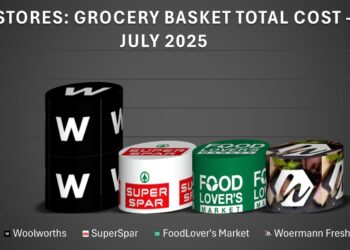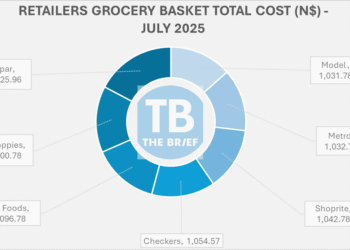
The International Monetary Fund on Tuesday slashed its forecast for global economic growth by nearly a full percentage point, citing Russia’s war in Ukraine, and warning that inflation was now a “clear and present danger†for many countries.
The war is expected to slow growth and further increase inflation, the IMF said in its latest World Economic Outlook, while warning that its forecast was marked by “unusually high uncertainty.â€
Further sanctions on Russian energy and a widening of the war, a sharper-than-forecast deceleration in China and a renewed flare-up of the pandemic could further slow growth and boost inflation, while rising prices could trigger social unrest.
The global lender, which downgraded its forecasts for the second time this year, said it now projects global growth of 3.6% in 2022 and 2023, a drop of 0.8 and 0.2 percentage point from its January forecast, given the war’s direct impacts on Russia and Ukraine and global spillovers.
Medium-term global growth is expected to decline to about 3.3% over the medium-term, compared to an average of 4.1% in the period from 2004 to 2013, and growth of 6.1% in 2021.
“Global economic prospects have been severely set back, largely because of Russia’s invasion of Ukraine,†IMF chief economist Pierre-Olivier Gourinchas wrote in a blog released Tuesday with the revamped outlook.
The war has exacerbated inflation that already had been rising in many countries due to imbalances in supply and demand linked to the pandemic, with the latest lockdowns in China likely to cause new bottlenecks in global supply chains.
The war, which Russia describes as a “special military operation†has caused a tragic humanitarian crisis in Eastern Europe, displacing some 5 million Ukrainians to neighboring countries, the IMF said.
Both Russia and Ukraine were expected to experience steep contractions in their economies, while the European Union – which is highly dependent on Russian energy – had seen its 2022 growth forecast cut by 1.1 percentage points.
“The war adds to the series of supply shocks that have struck the global economy in recent years. Like seismic waves, its effects will propagate far and wide — through commodity markets, trade, and financial linkages,†Gourinchas said.
Reduced supplies of oil, gas and metals produced by Russia, and wheat and corn – produced by both Russia and Ukraine – had driven up prices sharply in Europe, the Caucasus and Central Asia, the Middle East and North Africa, and sub-Saharan Africa, but was hurting lower-income households around the world.
The IMF said it had revised downward its medium-term outlook for all groups, except commodity exporters who benefit from the surge in energy and food prices.It said advanced economies would take longer to recover to their pre-pandemic output trend, while the divergence between advanced and developing economies was likely to persist, suggesting some “permanent scarring†from the pandemic.
‘Clear and present danger’
The IMF said inflation was now projected to remain higher for longer, driven by war-induced commodity price increases and broadening price pressures, and it warned the situation could get worse if supply-demand imbalances deepened.
For 2022, it forecast inflation of 5.7% in advanced economies and 8.7% in emerging market and developing economies, a jump of 1.8 and 2.8 percentage points from January’s forecast.
“Inflation has become a clear and present danger for many countries,†Gourinchas wrote in the blog.
He said the U.S. Federal Reserve and many other central banks had already moved toward tightening monetary policy, but war-related disruptions were amplifying those pressures.
The IMF said there was a rising risk that inflation expectations become de-anchored, prompting a more aggressive tightening response, which could put pressure on a wider range of emerging market economies.
Financial conditions tightened for emerging markets and developing countries immediately after the invasion and the repricing has been “mostly orderly,†but further tightening was possible, as well as capital outflows.
The war had also increased the risk of a more permanent fragmentation of the world economy into geopolitical blocks with distinct technology standards, cross-border payment systems, and reserve currencies.
“Such a ‘tectonic shift’ would cause long-run efficiency losses, increase volatility and represent a major challenge to the rules-based framework that has governed international and economic relations for the last 75 years,†Gourinchas said.-moneyweb











